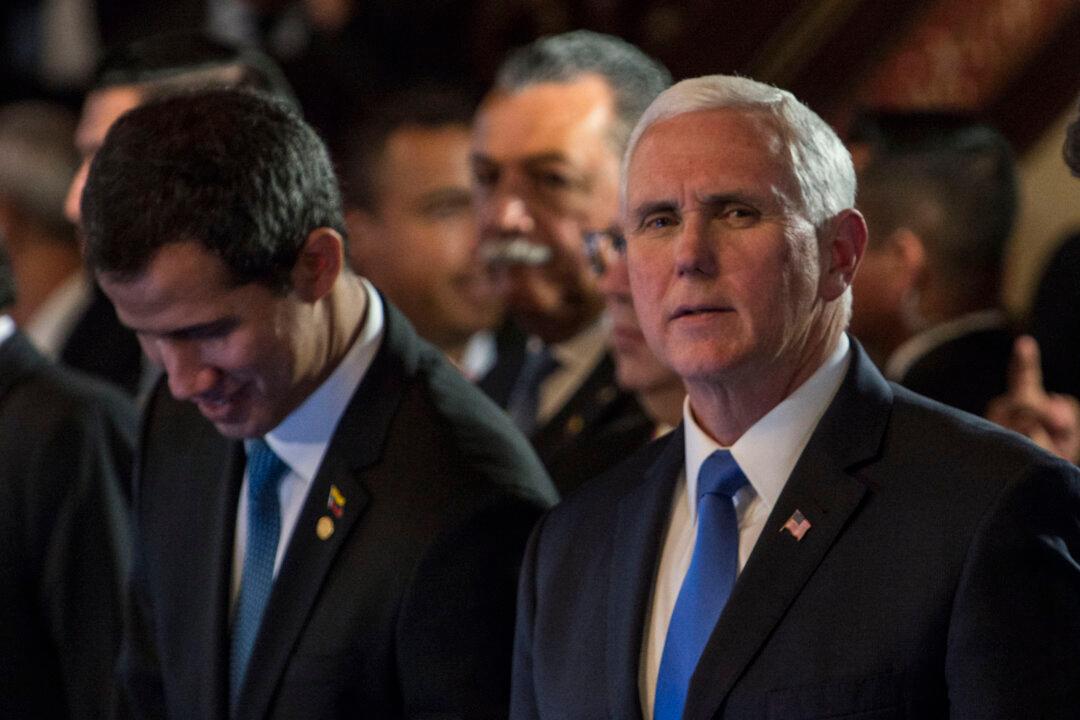Venezuela has reached the latter stages of socialism, with devalued money littering the streets, and with starving citizens being forced to eat rotten meat from the garbage. Citizens opposed to Nicolas Maduro’s socialist experiment are protesting in the streets, and Maduro regime forces are shooting them.
It’s likely the days of the Maduro regime are coming to a close, however, with the Trump administration recognizing Juan Guaido as the acting president of Venezuela.





